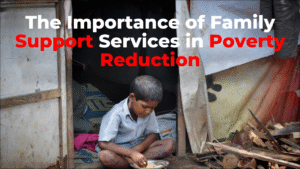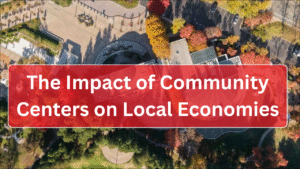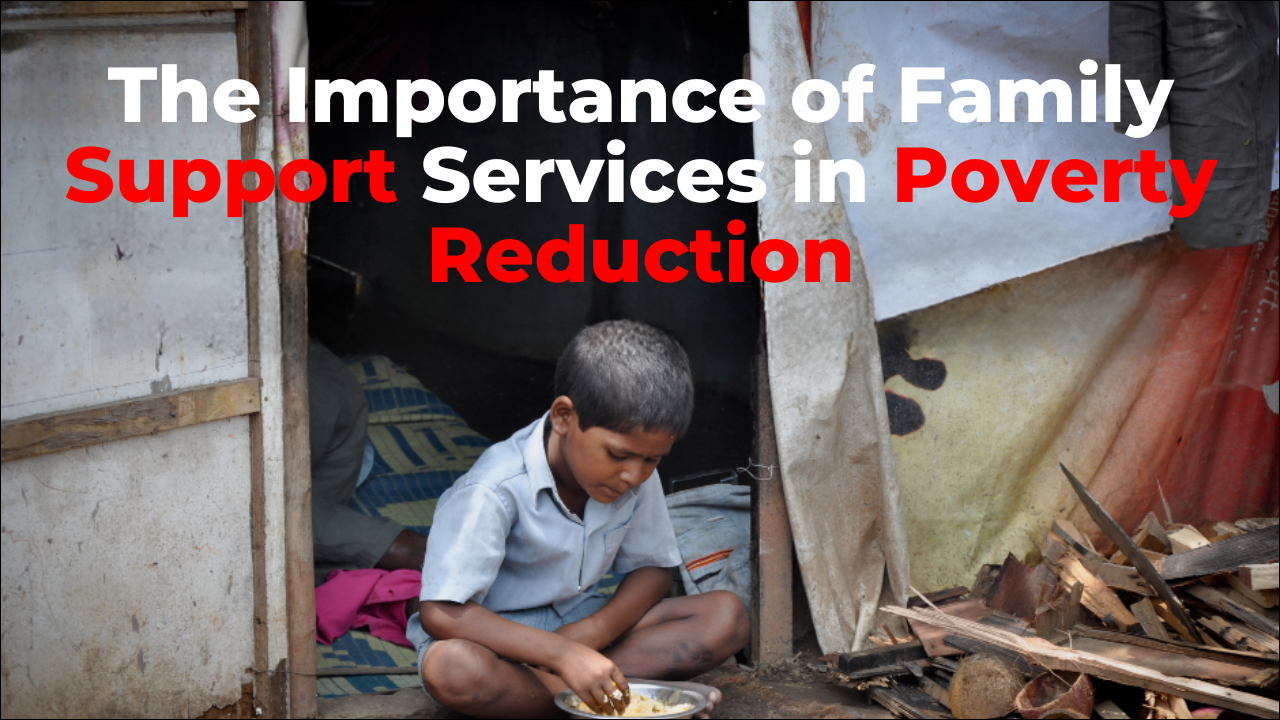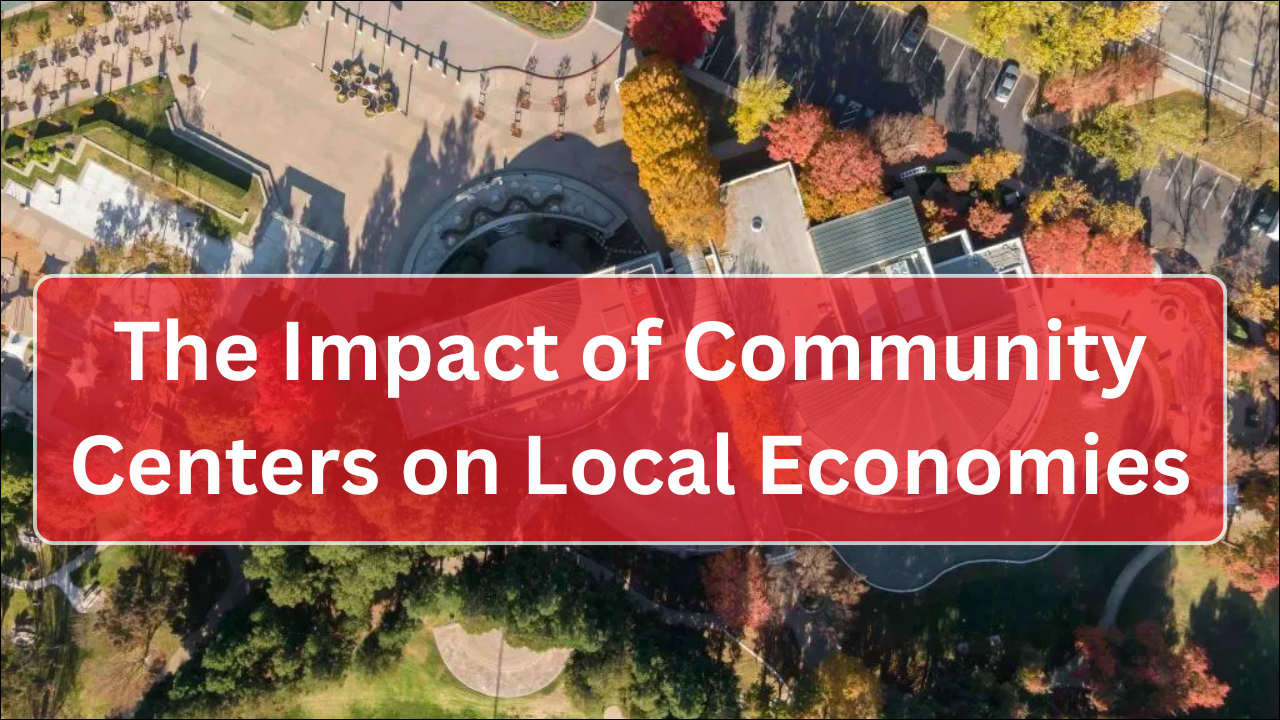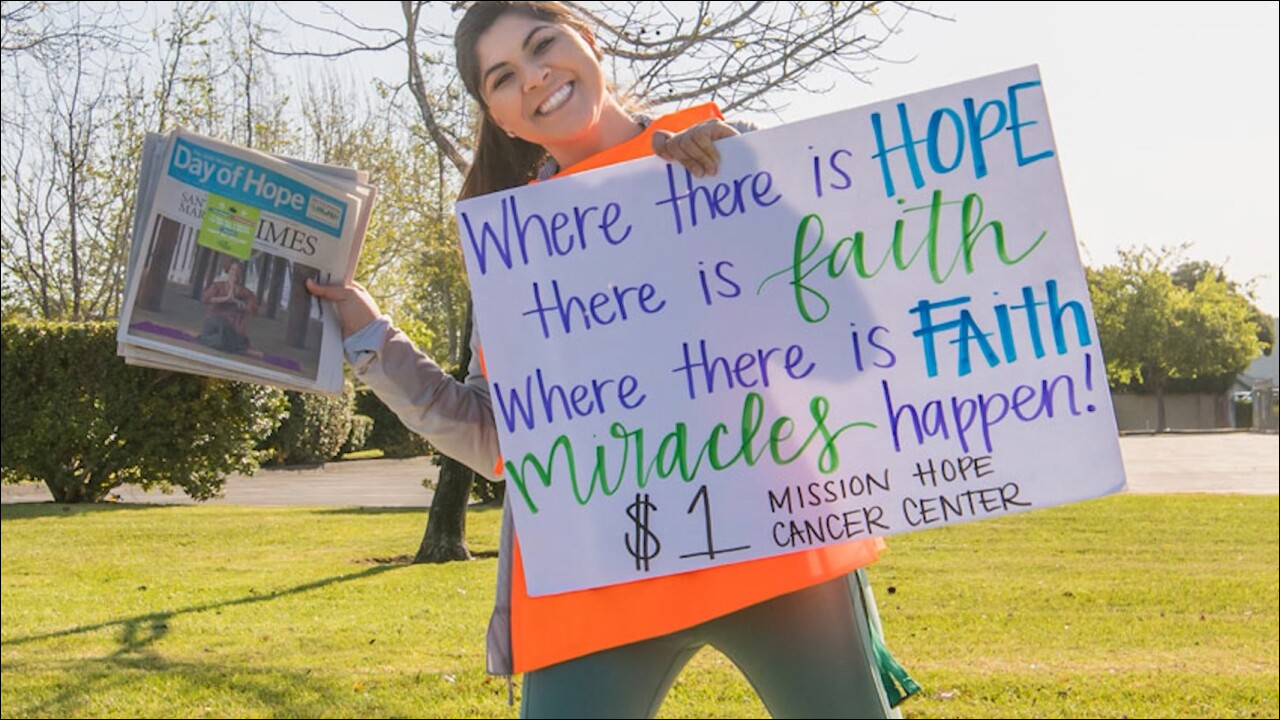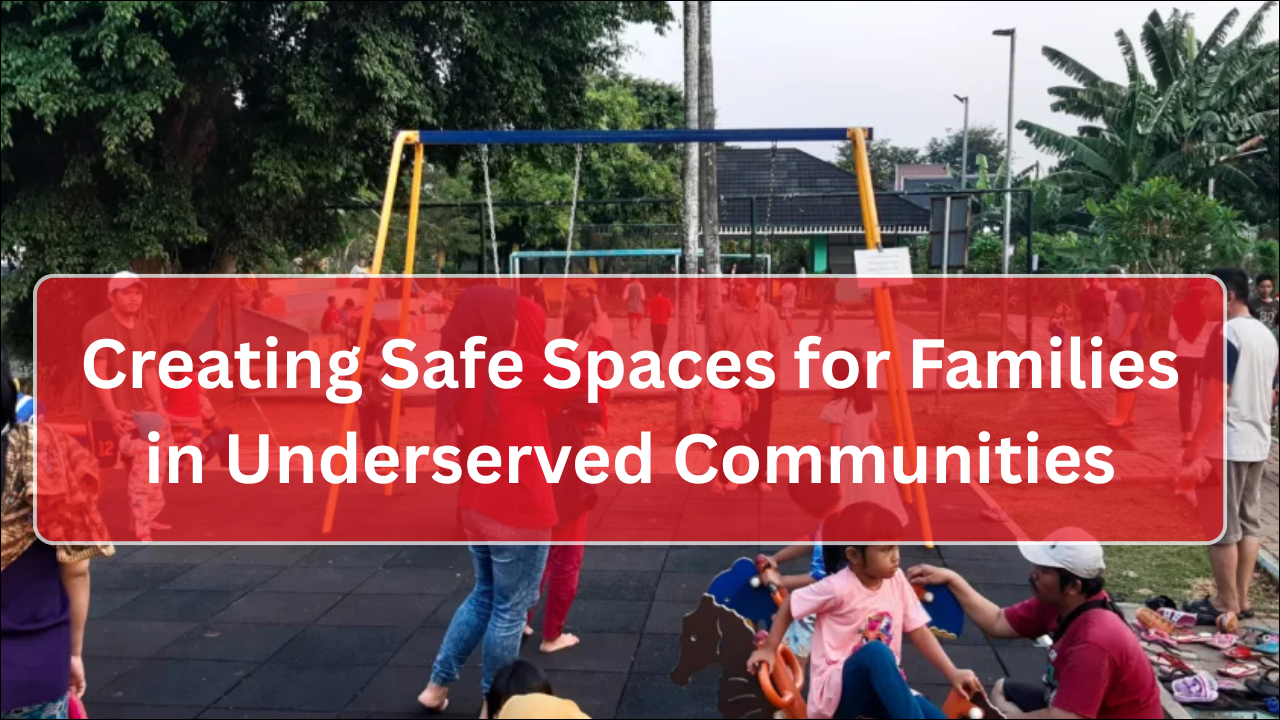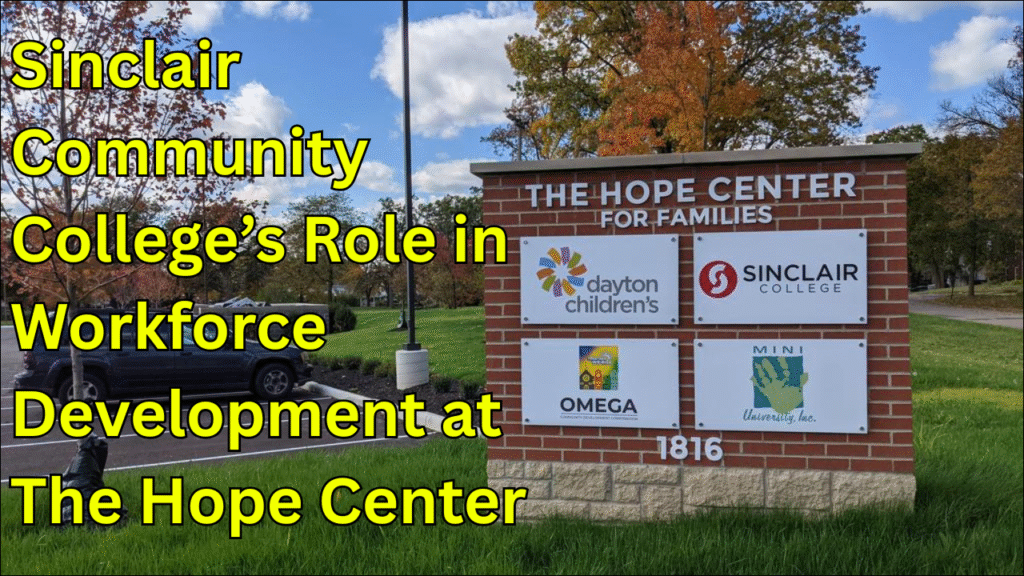
Workforce development has become a cornerstone of modern education, linking academic learning directly to employability and community progress. Sinclair Community College, one of Ohio’s most respected educational institutions, plays a significant role in advancing workforce readiness at The Hope Center. Through strategic collaboration, tailored training programs, and community engagement, Sinclair ensures that individuals gain the skills, knowledge, and confidence needed to succeed in today’s dynamic job market. The partnership between Sinclair and The Hope Center highlights how education can be both inclusive and industry-aligned, fostering long-term employment opportunities and social empowerment.
Table of Contents
Overview of the Partnership
The partnership between Sinclair Community College and The Hope Center was designed to strengthen the bridge between education and employment. This collaboration focuses on empowering individuals through targeted workforce development programs that address local and regional labor market needs.
- Purpose: To connect education with job opportunities for individuals seeking career advancement.
- Approach: To provide hands-on training, mentorship, and employer-driven skill development.
- Impact: To increase employability, reduce unemployment, and support community growth.
Goals of Sinclair’s Workforce Development Programs
- Skill Enhancement: Equip learners with job-ready technical and professional skills.
- Career Pathways: Offer structured learning routes that lead directly to in-demand careers.
- Employer Collaboration: Align curriculum with the evolving requirements of industries.
- Inclusive Access: Ensure equitable opportunities for all learners, regardless of background.
- Lifelong Learning: Promote continuous education and adaptability in the changing job market.
Core Goals of Sinclair’s Workforce Development Initiatives
| Goal | Description | Intended Outcome |
|---|---|---|
| Skill Enhancement | Focus on industry-relevant training | Improved job readiness |
| Career Pathways | Clear academic-to-employment routes | Smooth transition to the workforce |
| Employer Collaboration | Partnerships with local businesses | Curriculum relevance and job placement |
| Inclusive Access | Support for underrepresented communities | Equal learning opportunities |
| Lifelong Learning | Flexible and ongoing education options | Sustainable career growth |
Educational Programs Offered Through The Hope Center
Sinclair Community College brings a range of programs to The Hope Center that combine classroom instruction, digital learning, and hands-on experience.
- Technical Training Programs: Focused on manufacturing, healthcare, IT, and logistics sectors.
- Career Readiness Courses: Include resume building, interview preparation, and workplace etiquette.
- Digital Literacy Workshops: Teach computer operations, cybersecurity basics, and online collaboration tools.
- Entrepreneurship Training: Encourage self-employment and small business development.
- Soft Skills Development: Emphasize teamwork, communication, and leadership qualities.
Key Training Programs by Sinclair at The Hope Center
| Program | Focus Area | Target Participants | Primary Outcome |
|---|---|---|---|
| Advanced Manufacturing | Industrial and technical skills | Job seekers in production fields | Certification and placement |
| Healthcare Readiness | Patient care and medical support | Individuals interested in healthcare | Entry-level healthcare employment |
| Information Technology | Coding, networking, and data management | Students and professionals | Digital skill certification |
| Entrepreneurship | Business planning and marketing | Aspiring entrepreneurs | Start-up creation and management |
| Career Readiness | Resume, interview, and work ethics | All learners | Enhanced professional confidence |
Sinclair’s Contribution to Workforce Development Strategy
Sinclair Community College ensures that workforce programs at The Hope Center are both practical and responsive to current employment trends. The college’s strategic model emphasizes five critical components:
- Curriculum Relevance: Programs are updated regularly based on labor market analysis.
- Hands-on Experience: Internships and simulations allow learners to apply their skills.
- Industry Credentials: Certification ensures national recognition of training achievements.
- Technology Integration: Online tools enhance learning accessibility and monitoring.
- Career Placement Support: Dedicated advisors help match candidates with employers.
The Role of Industry Partnerships
Sinclair’s partnership-driven approach strengthens The Hope Center’s ability to offer meaningful employment opportunities.
- Collaboration with Employers: Companies provide feedback, internships, and job placements.
- Advisory Boards: Industry professionals guide curriculum design and updates.
- Apprenticeship Programs: Learners gain paid work experience during training.
- Sector-Specific Training: Programs are customized for industries like advanced manufacturing, healthcare, and logistics.
- Continuous Feedback Loops: Employers share performance data that helps improve program outcomes.
Examples of Industry Collaboration
| Industry Partner | Field of Collaboration | Type of Support | Outcome for Learners |
|---|---|---|---|
| Local Manufacturing Firms | Production and engineering | Internship opportunities | Job-ready technical skills |
| Healthcare Providers | Nursing and allied health | Apprenticeship placements | Real-world clinical experience |
| IT Companies | Software and cybersecurity | Project-based learning | Certification and job offers |
| Logistics Firms | Supply chain management | Practical training | Employment in distribution centers |
| Business Incubators | Entrepreneurship | Mentorship and funding | New business development |
Inclusive Education and Community Empowerment
Sinclair and The Hope Center share a strong commitment to inclusivity and equity. Their joint programs focus on helping underserved groups access meaningful employment opportunities.
- Support for Low-Income Learners: Scholarships and financial aid options reduce barriers to education.
- Programs for Women: Special initiatives empower women to enter technical and leadership roles.
- Youth Outreach: Career exploration programs engage high school and college students early.
- Veteran Support: Tailored training helps veterans transition successfully into civilian careers.
- Programs for Individuals with Disabilities: Accessible classrooms and adaptive learning technologies are provided.
Impact of Sinclair’s Workforce Initiatives
The collaboration between Sinclair Community College and The Hope Center has made measurable progress in workforce empowerment.
- Increased Employment Rates: Graduates find stable jobs within months of completing their training.
- Enhanced Skill Levels: Learners demonstrate improved confidence and technical proficiency.
- Employer Satisfaction: Businesses report high retention rates among trained employees.
- Community Revitalization: Skilled workers contribute to local economic development.
- Personal Growth: Learners experience long-term career advancement and self-reliance.
Measurable Impact of the Partnership
| Impact Area | Before Partnership | After Partnership | Result |
|---|---|---|---|
| Employment Rate | 45% job placement | 82% job placement | Significant improvement |
| Skill Proficiency | Limited technical training | Certified hands-on learning | Higher skill competence |
| Community Engagement | Low participation | Active community programs | Broader involvement |
| Employer Partnerships | Few collaborations | Over 50 active partnerships | Stronger industry ties |
| Student Retention | 60% completion rate | 90% completion rate | Enhanced success rates |
Mentorship and Career Guidance
Mentorship plays a central role in Sinclair’s approach to workforce development at The Hope Center. Experienced professionals help learners navigate career challenges and opportunities.
- Personal Mentorship: Career advisors guide students through professional pathways.
- Peer Support Networks: Group mentoring encourages collaboration and motivation.
- Employer Mentoring: Professionals from partner companies offer on-site guidance.
- Career Fairs and Networking Events: Learners meet potential employers and recruiters.
- Follow-Up Support: Ongoing counseling ensures sustainable career growth.
Technology and Innovation in Learning
Sinclair integrates technology into every aspect of its training to prepare learners for digital-era employment.
- E-Learning Platforms: Virtual classrooms make education accessible from anywhere.
- Simulation Labs: Learners practice real-world scenarios safely.
- Digital Assessments: Online testing helps measure competency accurately.
- AI-Powered Career Tools: Personalized guidance enhances career decision-making.
- Data-Driven Program Evaluation: Performance data helps refine future initiatives.
Challenges and Continuous Improvement
While the collaboration has seen notable success, both Sinclair and The Hope Center continue to evolve to address emerging challenges.
- Resource Allocation: Growing demand requires sustained funding and staff expansion.
- Technology Gaps: Bridging digital divides remains essential for remote learners.
- Changing Job Market: Continuous program updates ensure future relevance.
- Retention Support: Additional mentorship can further reduce dropouts.
- Scalability: Plans for replicating this model in other communities are in progress.
Ongoing Challenges and Strategic Solutions
| Challenge | Response Strategy | Expected Outcome |
|---|---|---|
| Funding Limitations | Partner with private and public sectors | Financial sustainability |
| Digital Access | Provide affordable devices and Wi-Fi | Greater inclusion |
| Curriculum Updates | Annual review with employers | Up-to-date skill alignment |
| Learner Retention | Enhanced counseling and mentorship | Reduced dropout rates |
| Expansion | Establish regional learning hubs | Wider program reach |
Achievements and Recognition
- Award-Winning Programs: Sinclair’s workforce initiatives have received state-level recognition.
- High Placement Success: Over 80% of graduates find employment within six months.
- Community Impact Awards: Honored for empowering underserved communities.
- Strong Employer Network: Collaboration with over 100 industry partners.
- Innovative Teaching Practices: Recognized for blending academic and experiential learning effectively.
Final Thoughts
Sinclair Community College’s partnership with The Hope Center reflects how education can be transformed into a direct path to meaningful employment. By integrating academic learning with real-world experience, Sinclair empowers individuals to become self-sufficient, skilled, and adaptable contributors to the economy. The collaboration stands as a model for community-based workforce development—one that values inclusion, innovation, and sustainability. Through continued investment in people, partnerships, and progress, Sinclair and The Hope Center together are redefining how education serves both individuals and society.

